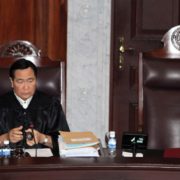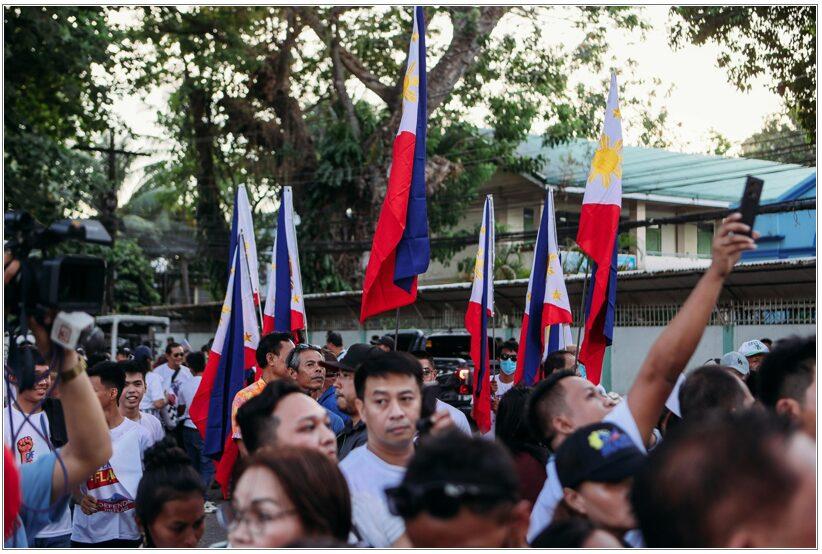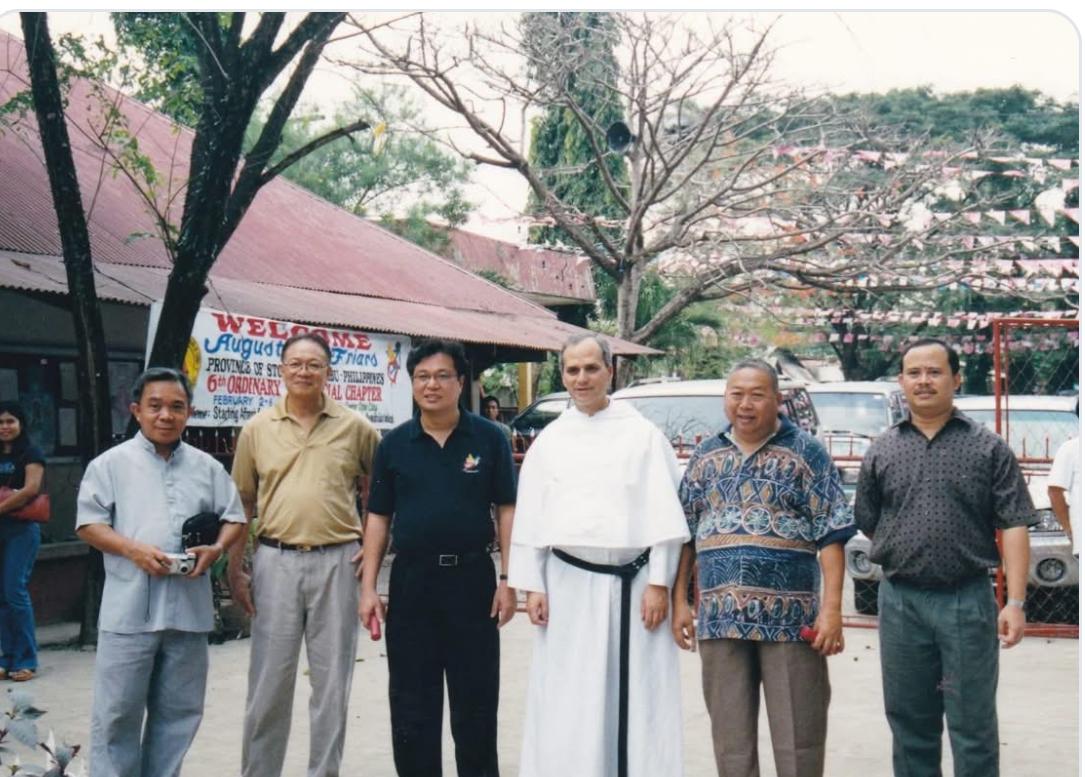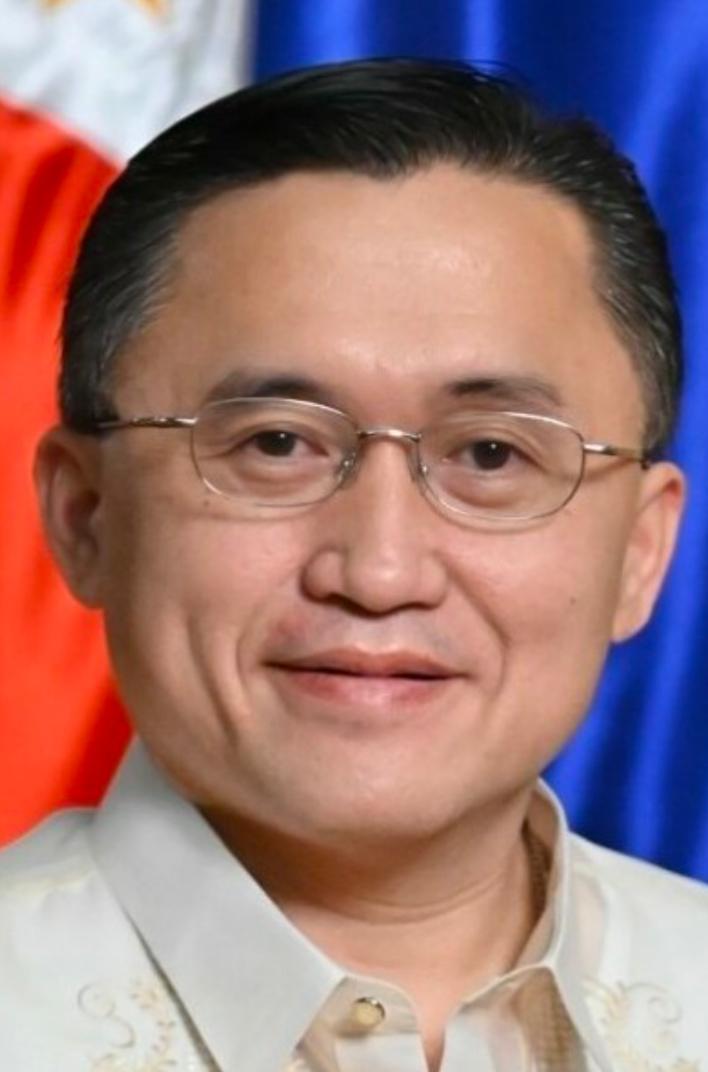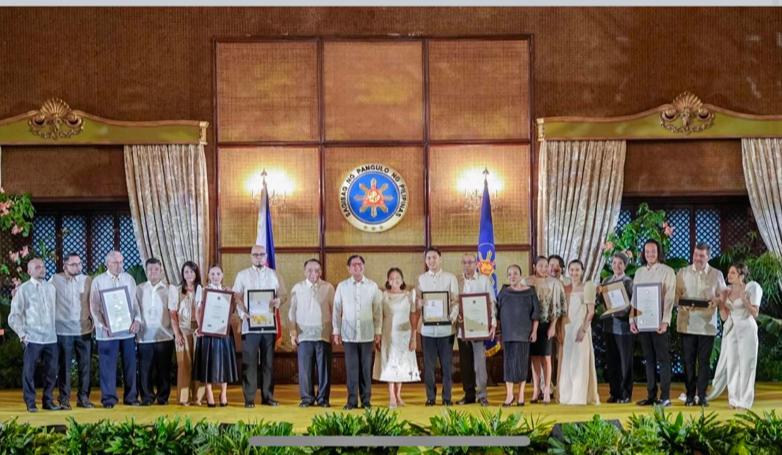It is legally possible for Philippine President Rodrigo Duterte to expand the scope of martial law nationwide, Supreme Court (SC) Associate Justice Antonio Carpio said on Wednesday, January 17.
During the resumption of oral arguments on the consolidated petitions against the one-year extension of martial law in Mindanao, Carpio noted that the threat posed by the Communist Party of the Philippines (CPP) and its armed wing, the New People’s Army (NPA), is nationwide and not limited to Mindanao only.
“But if you follow the argument that the CPP-NPA [threat] is nationwide, legally the president can declare martial law throughout the entire Philippines because there is an ongoing rebellion nationwide,” Carpio said.
While Solicitor General Jose Calida agreed that the president “can” expand the martial law nationwide, he pointed out that it was unnecessary.
“There is the accompanying requisite of public safety that requires it [martial law declaration],” the Philippine government’s top lawyer added.
Under the Section 18, Article VII of the 1987 Constitution, a president has the power to declare the Philippines under martial law subject to the Congressional approval “in case of invasion or rebellion, when the public safety requires it.”
Further asked by Carpio if the first condition of an actual rebellion by the CPP-NPA had been complied with, Calida responded in affirmative but expressed belief that Duterte “will not impose martial law in the entire Philippines.”
Last month, Congress granted Duterte’s request to retain the martial law in Mindanao until December 31, 2018 for the “total eradication” of the communist rebels, Islamic State (IS)-inspired groups, and other local and foreign terrorist groups in the area.
According to the Armed Forces of the Philippines (AFP), there are about 400 terrorists in Mindanao.
AFP also added that there has been an “influx” of foreign terrorists, “in the guise of tourists and businessmen,” in the southern Philippines. So far, the military said it has monitored 48 foreign terrorists currently operating and recruiting in area.
“Abu Sayyaf groups, in the presence of remnants, supporters, protectors and sympathizers of DAESH (another term for the Islamic State of Iraq and Syria or ISIS), pose a clear and present danger to national facilitation of rehabilitation, recovery and reconstruction in Marawi, and hinder peace in Mindanao,” AFP deputy chief of staff for Intelligence Maj. Gen. Fernando Trinidad said.
According to AFP Chief Gen. Rey Guerrero, the martial law in Mindanao has encouraged “greater compliance on all government entities” and the enhancement of the “climate of safety and security.”
“People in affected areas could attest that they appreciate the implementation of martial law,” Guerrero added.
‘Paranoia’ over martial law
Earlier on Tuesday, January 16, SC Associate Justice Samuel Martires questioned petitioners for supposedly being “paranoid” about the military rule.
Martires posed the question following statements from former Solicitor General Florin Hilbay who cited the rampant human rights violations in the country from 1972 to 1986 during the martial law period under late President Ferdinand Marcos.
“Why are we so paranoid about martial law and yet not worried about terrorism?” Martires asked petitioners.
Hilbay is the counsel for former Commission on Human Rights (CHR) chair Etta Rosales, who is among the petitioners.
During the deliberations, Hilbay maintained that threats of terrorism do not justify martial law.
“That is not enough to justify the imposition of martial law… Many of us experienced martial law and it was not a pleasant experience,” he said.
While agreeing that threats of terrorism should be addressed, the former solicitor general insisted that the military’s regular powers are the “appropriate tool” for responding to such threats.
“Why are we not worried about terrorism? We are worried about terrorism but martial law is not the answer to terrorism,” Hilbay added.
Martires then interrogated Hilbay about any occurrence of civil liberties being suppressed under the current martial law.
“[Is] there a curtailment of freedom of speech? Of assembly? Academic freedom? Just like what happened during the previous martial law?” Martires asked.
Hilbay, in response, said he was not privy to “what the military did” under the present martial law.
The SC has consolidated four petitions challenging the constitutionality of the one-year extension.
The first and second petitions were separately filed by the so-called “Magnificent Seven” of the House of Representatives, led by Albay Representative Edcel Lagman, and by human rights advocates and cause-oriented groups represented by the National Union of Peoples’ Lawyers (NUPL).
The third petition was filed by Rosales, while the fourth was submitted by a group led by former Commission on Elections (Comelec) chairman and one of the framers of the 1987 Constitution Christian Monsod.


